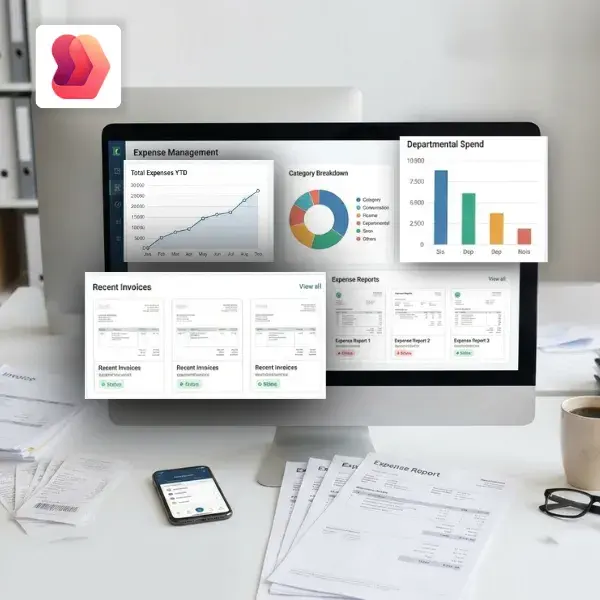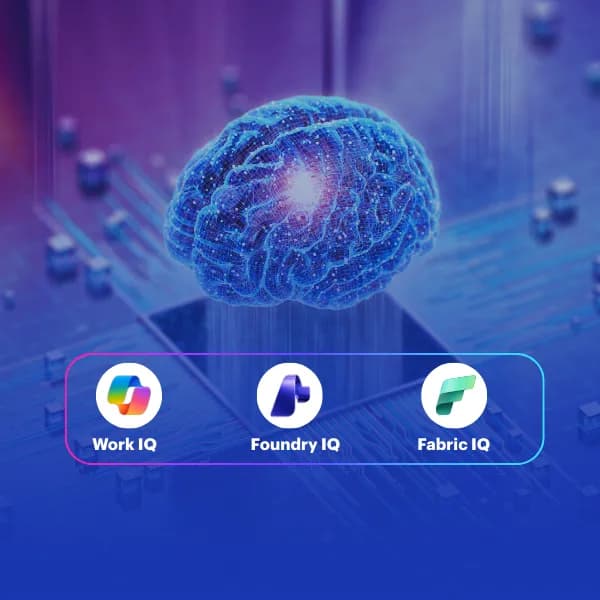Digital transformation of Higher Education Institutions (HEIs) refers to the process of integrating technology and digital tools into all aspects of education, from teaching and learning to administration and research. This is done to improve the overall efficiency and effectiveness of the institutions and create a more engaging and personalized learning experience.
National Education Policy 2020 (NEP 2020) has also mentioned the importance of technology in education and has encouraged institutions to go digital to improve the quality of education.
National Education Policy has undergone several modifications since its inception. The first National Education Policy was adopted in 1968, the second policy came in 1986, followed by modification in 1992, and the latest being 2020.
Digital transformation has become an increasingly important aspect of modern education, and it is essential for the successful adoption of the National Education Policy (NEP) 2020 in India. The NEP 2020 aims to reform and modernize the education system in India, and the use of digital technologies is a key component of this effort.
Benefits of Digital Transformation in Education:
-
The ability to provide personalized and flexible learning experiences for students. With the use of technology, students can access educational materials and resources on their own terms, at their own pace, and in a way that best suits their learning style. This can help to increase engagement and motivation, as well as improve outcomes. This has become especially beneficial for working students or students with family responsibilities. Digital platforms and tools can provide access to resources and experts from around the world, which can enhance the learning experience and provide students with a broader perspective on their field of study.
-
The ability to facilitate collaboration and communication between students, teachers, and other stakeholders. With the use of tools such as learning management systems and social media, students and teachers can work together and share ideas and resources in real time, regardless of location. This can foster a sense of community and support within the learning environment. Improved student engagement and motivation in learning, and lead to better student outcomes.
-
In addition, digital transformation can help to increase access to education for all students, particularly those in rural or remote areas. With the use of online learning platforms and distance education programs, students who may not have had access to traditional education can now participate in high-quality learning experiences.
-
Online assessments and evaluations: Digital tools and platforms can be used to conduct online assessments, evaluations, and exams, which can save time and resources for both students and institutions.
-
Better support for faculty and staff: Technology can be used to support professional development for faculty and staff, as well as to enhance their teaching practices. This can help to improve the quality of education and ensure that faculty and staff are equipped with the skills they need to effectively use technology in the classroom.
-
Data-driven approach: Digital tools can be used to collect and analyze student data, which can be used to improve student outcomes and make more informed decisions about curriculum development and resource allocation.
Overall, the adoption of digital technologies is crucial for the success of the NEP 2020 in India. It has the potential to enhance the quality of education, increase student engagement and achievement, and make education more accessible to all. By embracing digital transformation, India can take a major step towards realizing its goal of becoming a global leader in education.
Alletec understands the challenges of integrating technology in every aspect of an institution. It is not a small task and so we have developed EdTech 365 which is a solution built on Microsoft technology stack which includes Power Apps, D365 Business Central, D365 customer service, D365 Marketing & D365 Human Resources for the Higher Education Industry.
To know more about EdTech 365, ask our experts.





